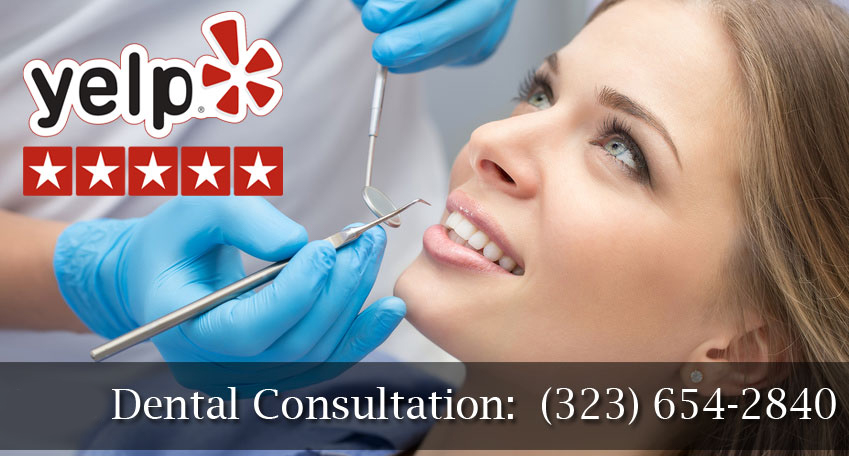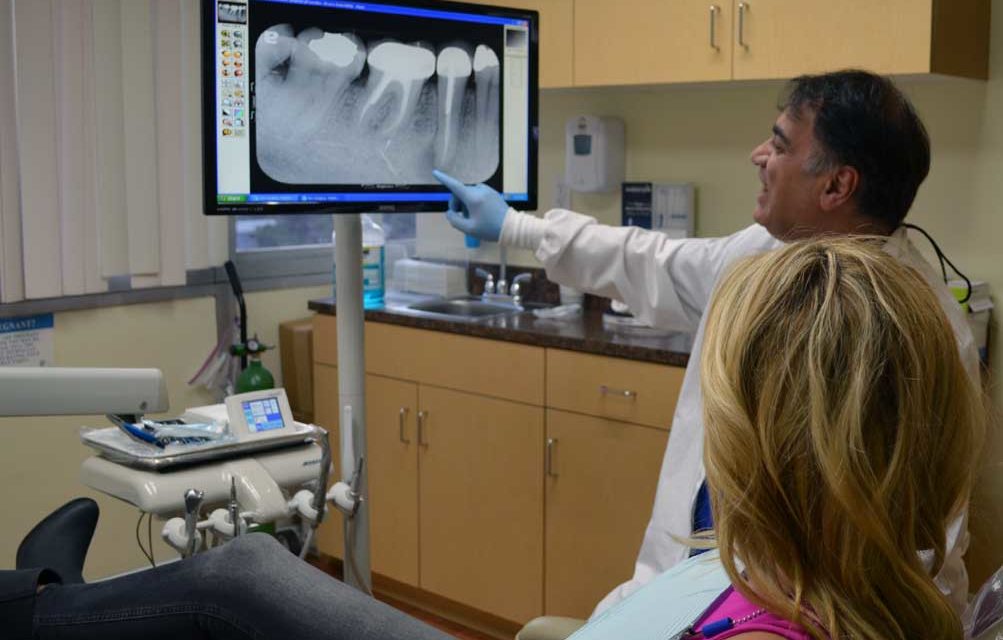Oral health is essential for your overall health and general wellbeing. Poor oral health affects your mouth, but it can have detrimental effects on your heart and lead to deadly diseases like cancer. According to the World Health Organization, more than 3.5 billion people around the globe suffer from oral diseases.
There is no need to worry about oral diseases because they can be prevented using cheap and readily available products in your household. However, maintaining oral health is a lifelong commitment. If you learn about proper oral hygiene earlier would have an easy time and avoid costly treatment procedures.
However, some oral diseases and injuries cannot be prevented but can be treated successfully. It is thus vital to have regular dental checkups as this would help detect the disease early before the condition worsens.
Tooth Cavities
A tooth cavity also referred to as tooth decay, is a hole that forms on the surface of the teeth. They start as small holes and gradually increase in size when left untreated for long. Mostly the cavities are not painful in their initial stages, and thus it may be hard for you to detect the problem at the right time. It is therefore advisable to have a regular dental checkup.
Who May Get Tooth Cavities
Everyone, including babies, can develop tooth cavities; however, the condition is more common in young children. Their lifestyle exposes their teeth to the disease. This group of children may fail to brush their teeth properly and consume a lot of sugary products. In the United States, almost 90% of school children have at least one tooth cavity.
Adults may also develop tooth cavities. Studies show that almost 100% of adults have tooth cavities. Nearly 20% of people aged 35 to 45 have several tooth cavities. Adults are more likely to develop receding gums. It is a condition that exposes the delicate part of the teeth to the cavity, causing plaque.
Common Types of Cavities
Tooth cavities can affect all layers of the tooth, but it may take them more than three years to dissolve the hard enamel part of the teeth. These are the three main types of tooth decay:
- Smooth surface decay: this is a tooth cavity in its initial stage of development. It dissolves the tooth enamel part. You can stop this condition and sometimes even reverse it with proper dental hygiene.
- Pit and fissure decay: these are cavities that form on the chewing part of the teeth.
- Root decay: adults with receding gum condition expose their teeth roots to cavity-forming bacteria and develop this condition
Teeth Cavities Causes
Bacteria found in the mouth feed on sugary foods you consume and convert these carbohydrates into acid. The formed acid mix with the bacteria and food particles to form plaque. The plaque dissolves teeth enamel part causing cavities.
Teeth Cavity Symptoms
- Bad breath
- Increased teeth sensitivity.
- Bleeding gums
- Swelling face.
- Redness inside the mouth.
- Sharp pain when you bite down.
- Visible holes on the surface of your teeth.
- Black stains on the chewing part of the teeth.
- Pain when you drink hot or cold substances.
Teeth Cavity Treatment
The tooth cavities treatment method depends on the severity of the condition. Common treatments include:
- Fluoride treatment
- Dental filling
- Tooth Extraction.
Gum Disease
Two primary diseases are affecting the gums gingivitis and periodontitis. Gingivitis is a condition where gums swell as a result of bacterial infection. If the state is left untreated for long, it may lead to a condition referred to as periodontitis. Data from the Centre for Disease Control and Prevention, more than 50% of adults aged 30 years suffer from gum disease.
According to the American Dental Association, Gingivitis and periodontitis are the leading cause of teeth loss in adults. This condition may worsen, and its treatment is expensive.
Causes of Gingivitis and Periodontitis
At the outer surface of your gum, there is a small space known as the sulcus. Plague get trapped in these pockets and cause gum infections or gingivitis.
Plaque is a film of bacteria and food debris that get attached to the surface of your teeth. If it remains unchecked for long, it hardens and forms what is referred to as the tartar. You get an infection when plaque and tartar extend below the gum line.
Gingivitis may cause the gums to separate from the gums over time. This separation may cause injuries to delicate soft tissues and bones supporting the teeth. If the infection progresses, your teeth may become unstable with time, and you eventually lose them.
Risk Factors for Gum Disease
- Smoking
- Diabetes
- Pregnancy
- Crooked teeth
- Compromised immunity, for example, people who have cancer and HIV.
- Genetic factors.
Symptoms of Gum Disease
In the initial stages of gum disease, you may fail to see severe symptoms. Moreover, it is possible to have gum disease without symptoms. Below are some of the common observable symptoms of the disease.
- Swollen and tender gums.
- Bleeding gums, especially when you brush.
- Foul smell that does not go away even after brushing.
- Sensitive teeth.
- Pus between teeth and gums.
- Gums pulling away from the teeth.
- Loose teeth.
- Pain when chewing
Gum Disease Treatment
The primary treatment of gum disease is proper oral hygiene. Moreover, you should cut habits like smoking and manage your diabetes. However, there are other treatments administered in hospitals, and they include:
- Deep teeth cleaning.
- Use of antibiotics.
- Surgery when the condition worsens.
Oral Infectious Disease
One of the commonly known oral infections is the oral herpes infection. About 80% of all Americans have oral herpes (HSV-1), and it causes fever, blisters, and cold sores in and around the mouth area. It is an infection caused by the Herpes simplex virus.
Once exposed to the virus, you will stay with it in your system for the rest of your life. Most of the time, the virus remains dormant in your system. Some people show no sign of the virus infection, while others have a periodic infection outbreak.
The virus is transmitted through contact, and HSV-1 is spread mainly through kissing. Treatment and proper management of the virus can lower the frequency and intensity of its occurrence.
Causes of Oral Herpes
Herpes is commonly spread by a person having an active outbreak. You can get infected when you get into intimate contact with such people.
Signs and Symptoms of Oral Herpes
Initial oral herpes infection is the worst. You may develop flu-like symptoms that include headaches and swollen lymph nodes. However, some people do not develop symptoms even in their first infection. It is during this stage sores occur around and within the mouth. Other signs and symptoms include:
- Redness and pain around the area where the sore will erupt.
- Development of a fluid-filled blister on the lips.
- The blister starts to leak fluid and become irritated and painful.
Herpes Treatment
- Use of over-the-counter anesthetics to alleviate symptoms
- Taking antiviral medication.
- Keeping the infected area clean.
Oral Cancer
Cancer is the uncontrollable growth of body cells that end up destroying other healthy cells and tissues. Oral cancer starts like a typical sore that does not go away. Oral cancer affects the lips, tongue, cheeks, throat, and mouth floor. The disease is life-threatening but is treatable when detected early.
Signs and Symptoms of Oral Cancer
- Swelling or a rough lamp in and around the mouth.
- Development of white or red spots in the mouth.
- Bleeding in the mouth.
- Difficulty in chewing, swallowing, or moving your jaws
- Sudden weight loss.
Oral Cancer Treatment
Oral cancer is treated like all other cancers. The treatment procedure starts with surgery to remove cancerous cells then followed by chemotherapy and radiotherapy to destroy any remaining cancerous cells.
Mouth Injuries
Injuries and trauma occur due to unsafe working conditions, accidents, violence, and getting involved in risky activities. Sports account for many moth injuries and trauma. Athletes are advised to wear protective gear like helmets, mouth guards to reduce chances of getting a mouth injury.
In addition, workers who work in risky sites are advised to take the same precautionary measures. These injuries can vary from mild infections to very severe ones that may cause permanent deformation. Such injuries may cause problems when chewing, eating, or moving the jaws.
Mouth Injury Treatment
In case of an injury, you should seek immediate medical attention. A dentist can replace Knocked-out teeth. Other minor injuries such as cuts may need stitches, and it is advisable to seek treatment in the nearest health care provider near you.
There are injuries that you may incur that might need multiple surgeries. Some injuries may cost you a lot of money to treat. In addition, some injuries may be very traumatic and cause complete deformation of your face.
Most oral diseases are treated and prevented through good hygiene, regular dental checkups, and precautions to avoid injuries. Good oral care gives you strong teeth, protects your mouth from diseases, and gives you the confidence to face the public. If you suffer from any of the above oral conditions, don’t hesitate to contact West Holywood Holistic and Cosmetic Dental Care. Here you will get all dental care services from our experienced dentists at an affordable price.






